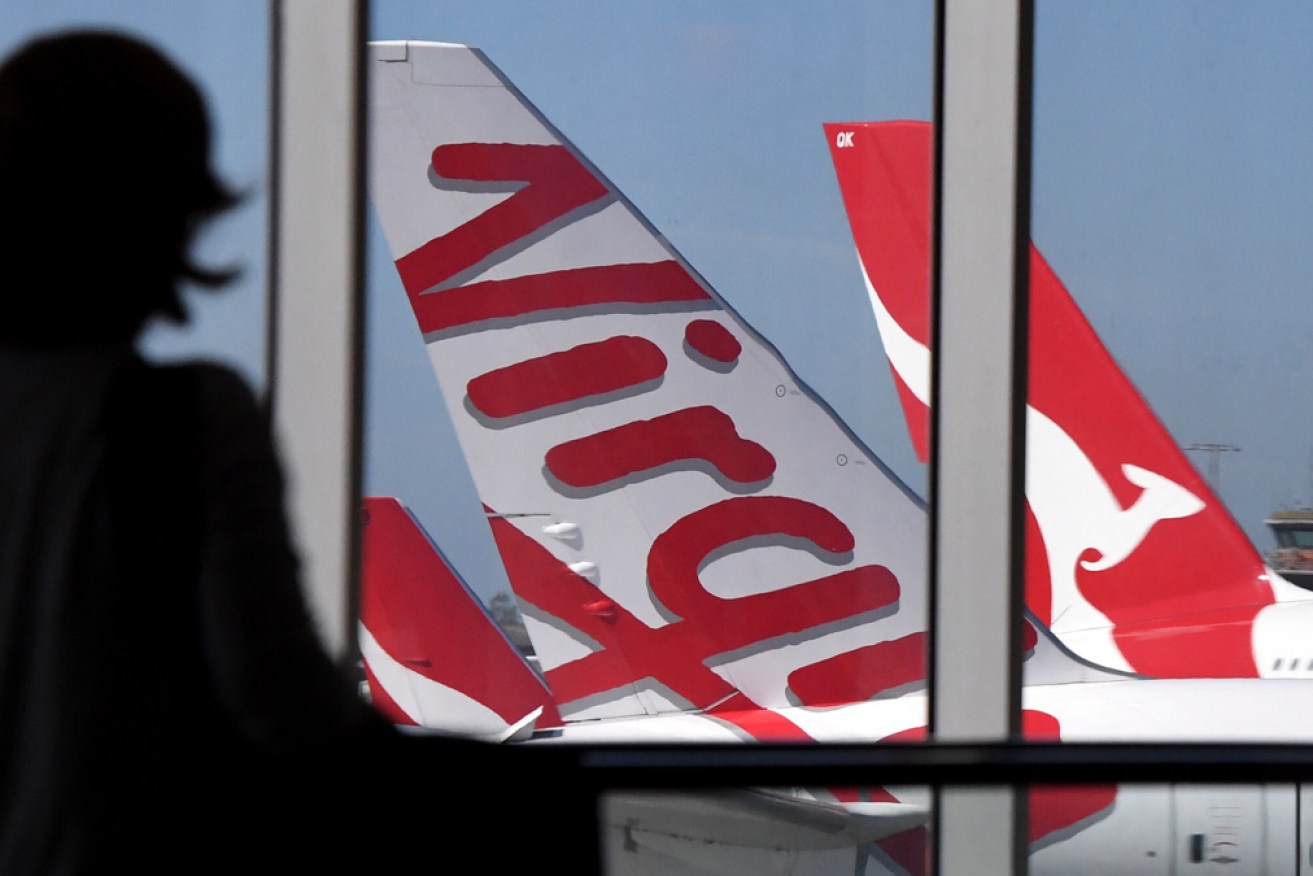Why investors are lining up for a piece of the Virgin action


Bidders are still vying for ownership of Virgin Australia despite seven years of consecutive losses. Photo: Getty
As many as five bidders are duking it out for ownership of long-suffering airline Virgin, despite its pre-coronavirus financial struggles.
The nation’s second-largest carrier was placed into administration in April following the introduction of travel restrictions designed to curb the spread of the coronavirus.
But Virgin Australia had been struggling long before the pandemic grounded planes, posting annual losses for the past seven years (including a $35 million loss in 2019).
Even so, four major investment firms – Melbourne-based BGH Capital and US-based private equity firms Bain Capital, Indigo Partners and Cyrus Capital Partners – have now re-affirmed earlier bids for the struggling company.
Brookfield Asset Management – an asset management company specialising in real estate and infrastructure – also placed a second round bid despite pulling out of the first round.

Investors are squabbling to take control of the grounded airline. Photo: AAP
Administrators from Deloitte will now whittle those contenders down to a shortlist of only two potential buyers by early next week.
Lead administrator Vaughan Strawbridge said the “competitive tension” between bidders suggests all are equally keen to snap up the beleaguered business.
“All the parties have a genuine interest in the future of Virgin Australia, and see real value in the business, despite the uncertainty about when travel restrictions will be lifted,” he said.
Mr Strawbridge would not confirm how much bidders are offering for Virgin, but the Australian Financial Review has reported the price may sit between $3.5 billion and $4 billion.
A valuable business in the right hands
University of New South Wales economics professor Tim Harcourt told The New Daily the successful buyer will have to wear some financial losses for the first year at least.
But over the longer term, he said, the airline still has the potential to be a profitable enterprise.
“Sydney to Melbourne still has one of the most valuable airline routes in the world,” he said.
“And similarly trans-Tasman might seem small to us but it’s reasonably healthy route. If you can hang in there through the initial losses, you have some quite regular revenue from those routes.”
Other changes will likely be needed to restore Virgin’s profitability though, Mr Harcourt said.
Notably, the carrier will need to stop trying to compete with Qantas as a premium airline and return to its roots as a value carrier.
“They were caught between Qantas and Jetstar,” Mr Harcourt said.
“They started out as a friendly, backpacker, party airline, then [former CEO] John Borghetti really tried to take on Qantas in the premium and business class-type flights.
“I think they need to stick to what they know and what they’re good at.”
Government keeps its powder dry
Ahead of being placed in administration, Virgin called on government for greater support to keep its engines running through the pandemic.
Those calls came even as government announced a range of policy measures to support the airline sector, including waiving more than $700 million in government fees and charges.
Cumulatively those support packages amounted to 1.8 per cent of the ticket revenues Australia’s airlines made in 2019, according to data from the International Air Transport Association (IATA).
But Mr Harcourt said that figure seems small.
“I think they’re holding their bullets for later, in case they need to have another run at it next year,” he said.
“I think that’s wise.
“The government’s been quite smart.
“They haven’t put in all the stimulus now across the economy because they wanted JobKeeper to keep the lights on for now, so I think they’re holding back in case something’s needed later.”
Binding offers for Virgin Australia are due by June 12.
-with agencies








